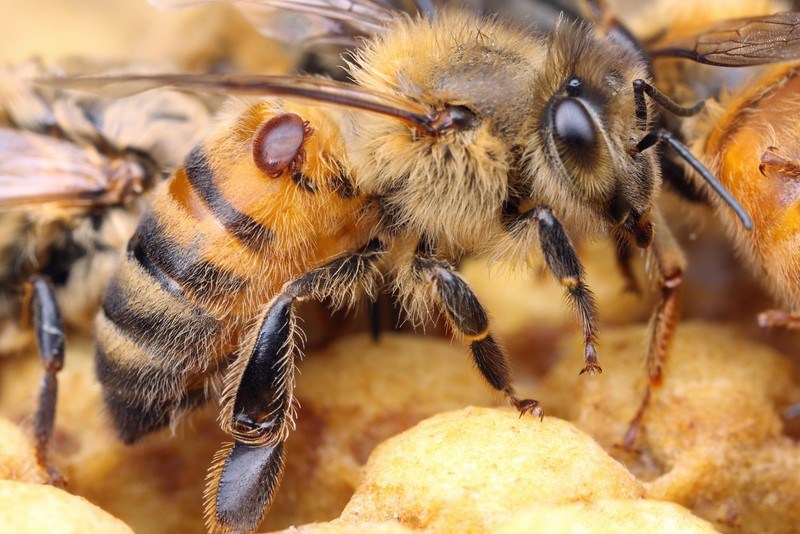Varroa mite treatments are typically timed based on the life cycle of the mites and the bees in the hive. The timing can vary depending on the specific treatment method and the region you are in, so it’s always a good idea to consult with local beekeeping experts or organizations for specific recommendations in your area. However, I can provide some general guidelines.
- Spring Treatment: It is often recommended to treat Varroa mites in the spring when the bee colony is starting to build up its population and brood rearing is increasing. This is usually done before the honey flow begins. Treating in the spring helps control mite populations before they can reach damaging levels and allows the colony to build up strength for the summer season.
- Summer Treatment: Depending on the mite levels and the treatment method used, summer treatment may be necessary. This is typically done after the spring treatment and before the fall to prevent mite populations from reaching damaging levels during the honey production season. The specific timing will depend on the treatment product used and local conditions.
- Fall Treatment: Fall is a critical time for Varroa mite treatment. It’s essential to treat the colony before winter to ensure the bees go into the colder months with low mite levels. This treatment is usually done after the honey harvest and before the colder weather sets in. Treating in the fall helps reduce mite loads, which can negatively impact winter survival.
It’s important to note that the best times for Varroa mite treatment can vary based on factors such as local climate, mite population levels, beekeeping practices, and the specific treatment products used. It is always recommended to monitor mite levels regularly using various methods (e.g., sugar shake, alcohol wash) and consult with experienced beekeepers or local beekeeping organizations for guidance tailored to your specific circumstances.
In Contra Costa County, I recommend a post-harvest varroa treatment. So in August with Apivar

